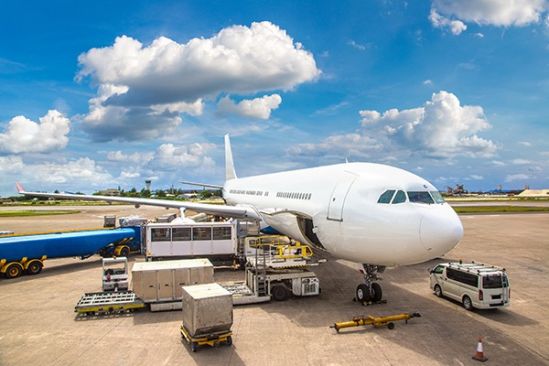In April, global demand for air freight increased by 12% from pre-crisis, according to IATA. Amid the Covid 19 crisis, the industry continues offering a uniquely positive outlook. IATA also reveals excellent optimism for the next year as it concluded its “Cargo Operator’s” business surveys.
Airlines depend on their cargo units to drive the business upward, while the air-passenger income lags. The cancellation of many passenger flights caused by a coronavirus has helped air freight markets throughout the globe to be healthy. Airlines have altered the focus of their operations to deliver supplies of medication needs successfully and meet the exponential demand for vital COVID-19 commodities, such the vaccines throughout the pandemic.
Cargo planes with climate-controlled facilities have seized the opportunity of cargo freight that require highly regulated and temperature-controlled criteria, such as the international distribution of billions of COVID-19 vaccines. Furthermore, airlines adopt passenger planes for cargo to acquire more specialised segments, particularly those requiring immediate urgency and sensitive handlings, such as pharmaceuticals, personal protective equipment, medical equipment, and perishables.
Other than the vaccines and medical equipment continuously being distributed, e-commerce is another strong reason why the need for air-freight continues to flourish. E-commerce is worth around $5 billion worldwide in 2021. About 80% of cross-border e-commerce is carried by air, representing more than 20% of the total value of electronic commerce.
Air charters are becoming more popular as a reliable mode of transportation for complex and time-sensitive cargo. Air charters stand out as the most efficient end-to-end solution compared to other transportation methods since they have access to more airfields and can deploy in a matter of hours.
With passenger revenues unlikely, at least soon, the airlines are expected to continue focusing on air-cargo income to recover to pre-pandemic levels. IATA plans to increase cargo income in 2021 to 152 billion dollars from 128 billion dollars in 2020 and 101 billion dollars in 2019, particularly in this regard.
The need for air freight should remain strong. In particular, it might constantly sustain rising demand for air freight through the progressive increase in global economic conditions and the dynamics of the supply chains.







